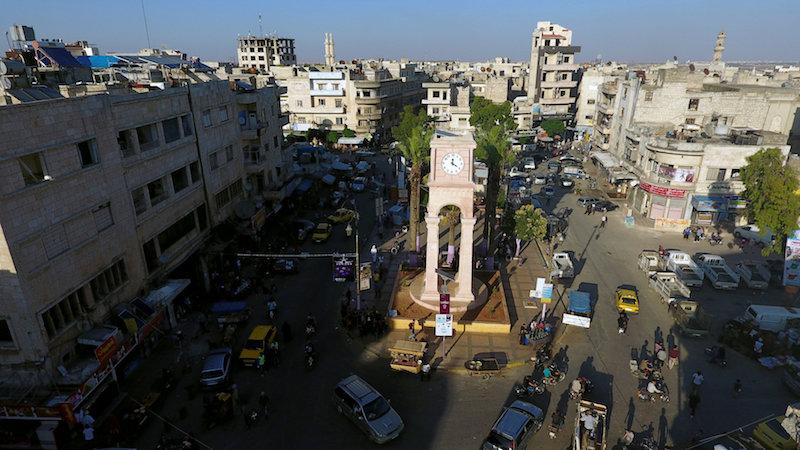BEIRUT—The Syrian military shelled the last stronghold of active rebellion against President Bashar al-Assad on Sept. 5 as a war monitor said insurgents blew up another bridge in anticipation of a government offensive.
Damascus, backed by allies Russia and Iran, has been preparing an assault to recover Idlib and adjacent areas of the northwest, and resumed air strikes along with Russia on Sept. 4 after weeks of lull.





